List Of 10 Dog Breeds That Love To Dig Holes
1. Dachshund
Dachshunds, with their distinctive long bodies and short legs, have an impressive history as expert diggers. Originally bred in Germany, these “Wiener Dogs” were developed to hunt badgers and other burrowing animals. Their elongated bodies and strong forelimbs are perfectly suited for digging into tunnels and burrows.
Dachshunds possess an innate curiosity and determination, often spurred on by their strong prey drive. Whether in search of a hidden toy or just exploring, Dachshunds can turn your backyard into a digging playground. While this behavior might be traced back to their hunting heritage, Dachshund owners can channel their digging enthusiasm through interactive toys and designated digging spots.
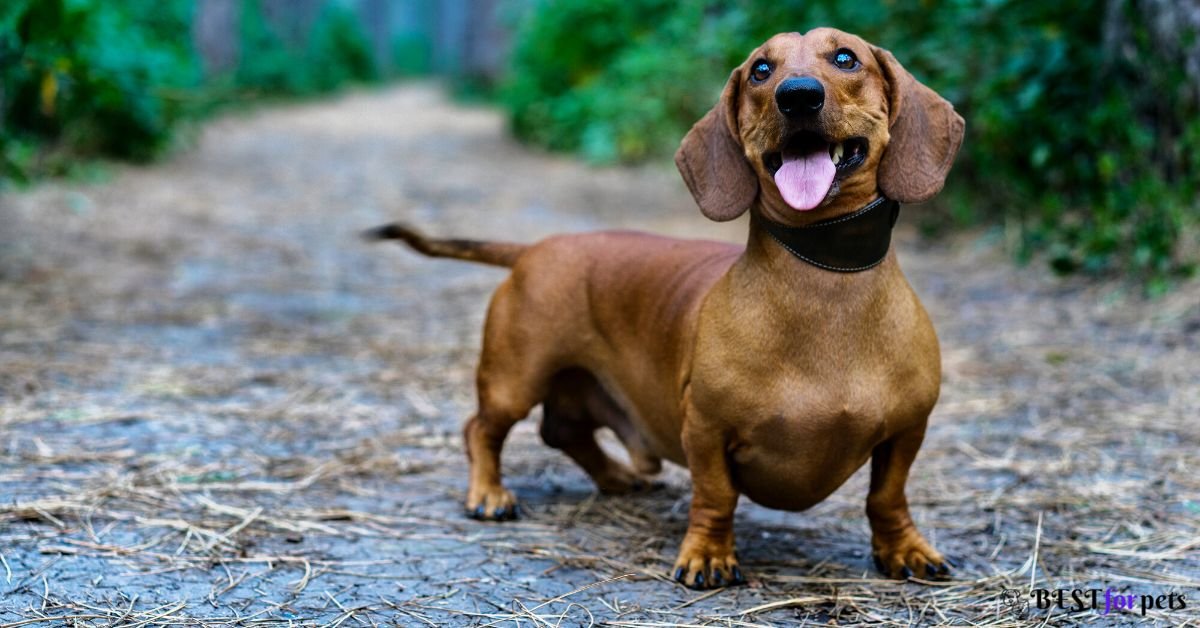
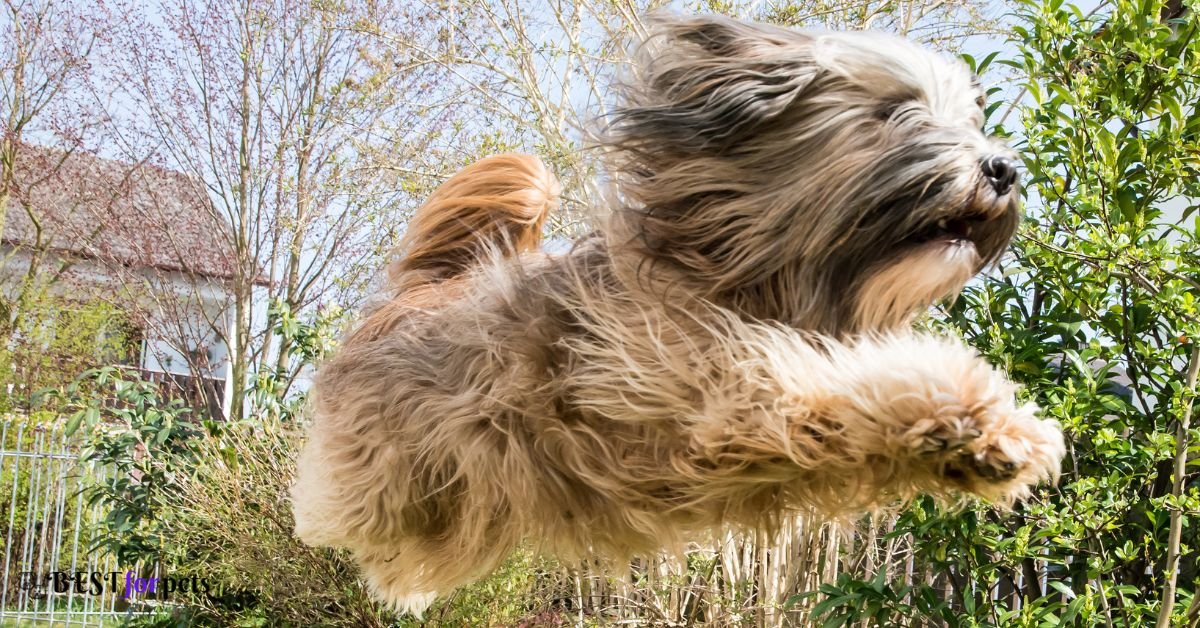
2. Terrier Breeds
Terriers encompass a diverse group of breeds, including the Jack Russell Terrier, Fox Terrier, and Border Terrier, among others. Bred for their tenacity and courage in hunting vermin, these dogs have a deep-rooted instinct to dig. Their ancestors required the ability to reach prey hiding in underground tunnels and burrows.
This instinct remains strong in modern terriers, leading them to dig for both fun and practical reasons. Terrier owners can provide mental stimulation and physical activity through games that engage their digging prowess, while also offering alternative outlets for their energy to prevent excessive digging in unwanted areas.
3. Beagle
Beagles, known for their remarkable scent-tracking abilities, have a heritage rooted in hunting small game. Their keen noses and energetic personalities have been harnessed for generations to locate rabbits and other quarry. This history has led to their inclination to dig, as digging was an essential part of accessing prey hidden in burrows.
Beagles’ inquisitive nature can lead them to explore their environment and unearth hidden treasures. To satisfy their digging urges, Beagle owners can create a dedicated digging area or provide interactive toys that engage their minds and bodies, channeling their natural behaviors into constructive activities.

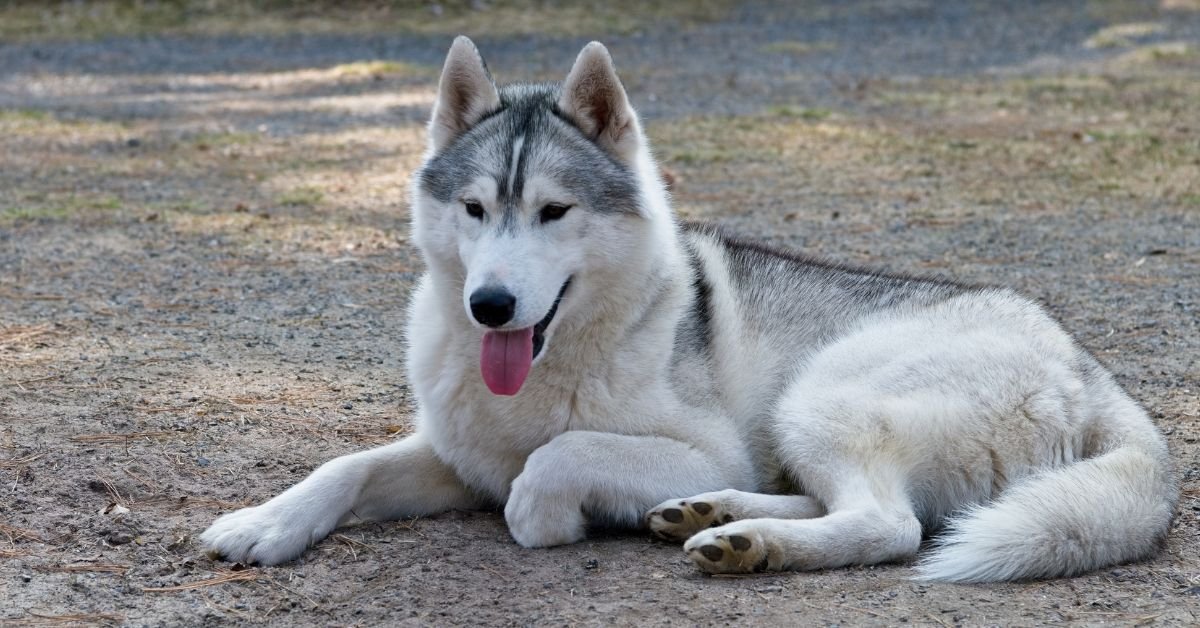
4. Siberian Husky
The Siberian Husky, a breed renowned for its endurance and strength in cold climates, has a surprising digging history. In regions with frigid temperatures, these dogs dug to create warm shelters, protecting themselves from the elements. This instinct remains ingrained, and Huskies might dig to find cooler ground in warmer weather or to recreate shelters from their ancestral past.
Husky owners can manage their digging tendencies by ensuring ample physical exercise, mental stimulation, and a cool, comfortable environment, which can help redirect their energy away from excessive digging.
5. Australian Terrier
The Australian Terrier, hailing from Down Under, boasts a history as a skilled farm dog and vermin hunter. Bred to control pests, including rats and snakes, these terriers developed a strong instinct for digging. Their compact size, sharp senses, and fearless attitude made them excellent at pursuing prey into their burrows.
This digging behavior can resurface in domestic settings, leading Australian Terriers to create holes in search of hidden critters or simply out of boredom. To satisfy their digging urges, providing interactive toys, engaging training sessions, and ample exercise can channel their energy into positive outlets, preventing unwanted digging.
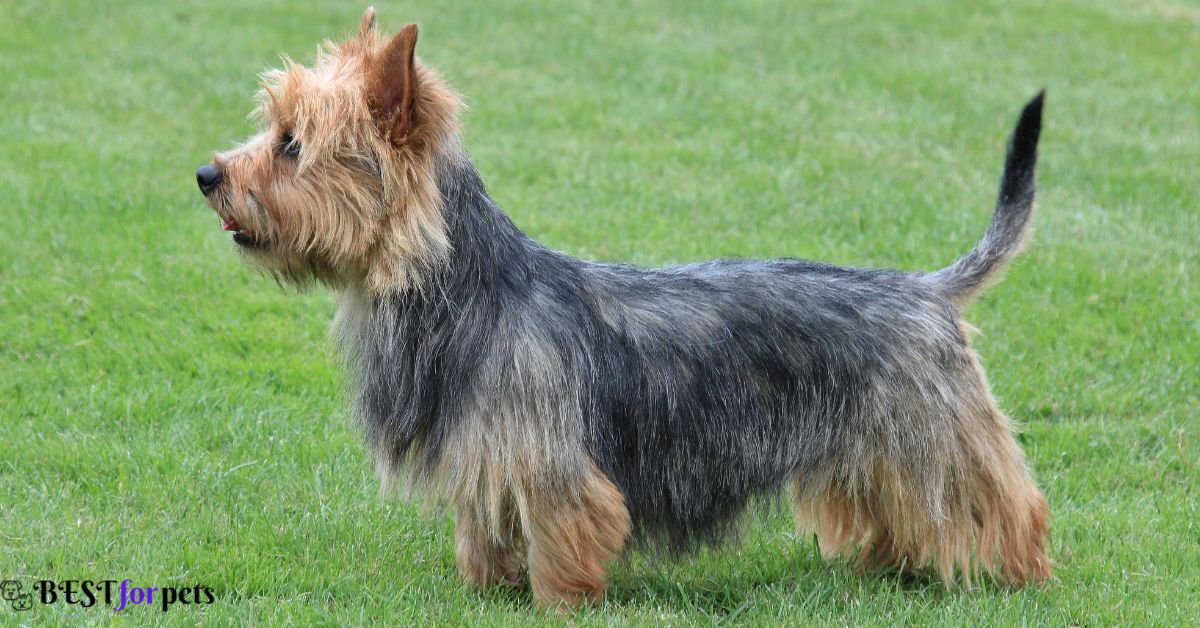

6. Cairn Terrier
Originating in Scotland, the Cairn Terrier was specifically bred to work amidst rocky terrains and cairns (piles of stones). This breed’s tenacity and determination allowed them to chase and corner vermin within these challenging landscapes. Their adept digging skills enabled them to extract prey from their burrows.
Today, Cairn Terriers often retain this digging instinct, making them enthusiastic garden excavators. Cairn Terrier owners can manage their digging tendencies by creating designated digging areas or offering toys that cater to their natural inclinations. Regular exercise, mental enrichment, and positive reinforcement training can help direct their energy away from disruptive digging behaviors.
7. Miniature Schnauzer
Known for their distinctive beard and bushy eyebrows, Miniature Schnauzers have a history as rat catchers and farm dogs. Bred to eradicate pests, these terriers inherited a knack for digging from their working background. Their playful and energetic nature can manifest in digging behavior, particularly when they’re seeking stimulation or investigating their surroundings.
Providing them with interactive toys, engaging games, and regular mental and physical exercise can redirect their energy and prevent excessive digging. Constructive outlets for their instincts, combined with positive reinforcement training, will keep Miniature Schnauzers content and less likely to turn your yard into a series of excavation sites.
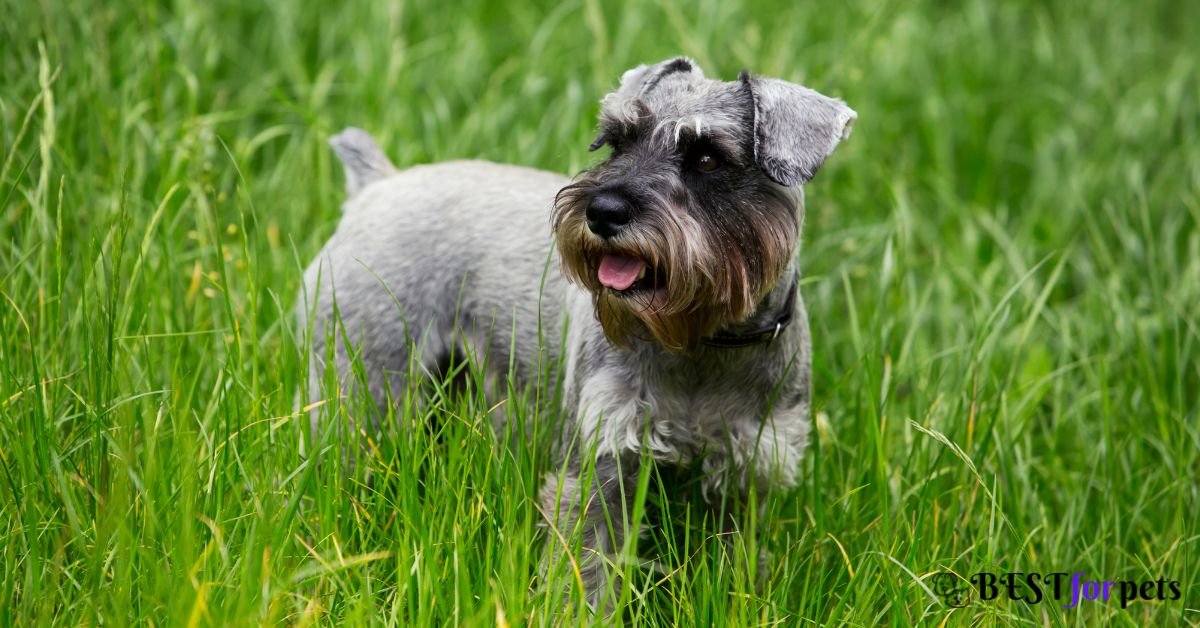

8. West Highland White Terrier
The West Highland White Terrier, or Westie, originates from Scotland and is renowned for its charming appearance and spirited personality. Originally bred to hunt vermin like rats and foxes, these small yet sturdy dogs developed strong digging instincts. Their ability to access and flush out prey from underground burrows was essential in their role as skilled hunters.
This innate behavior persists in domestic Westies, who may exhibit digging tendencies when they’re excited, curious, or seeking attention. To manage their digging, Westie owners can provide them with designated digging areas, interactive toys, and engaging activities that cater to their natural instincts. Ensuring ample exercise and mental stimulation will help channel their energy and prevent excessive digging.
9. Dalmatian
Dalmatians are widely recognized for their unique coat pattern and association with firehouses, but their history extends beyond their iconic appearance. Originally bred as carriage dogs, Dalmatians would run alongside horse-drawn carriages and sometimes dig holes to create cool spots in the earth for resting. While their digging tendencies might not be as pronounced as some other breeds, their instinctual behavior could still emerge.
Dalmatian owners can provide cool and comfortable resting areas for their dogs to deter excessive digging. Regular exercise, mental stimulation, and positive reinforcement training can help maintain their contentment and reduce the likelihood of problematic digging behaviors.
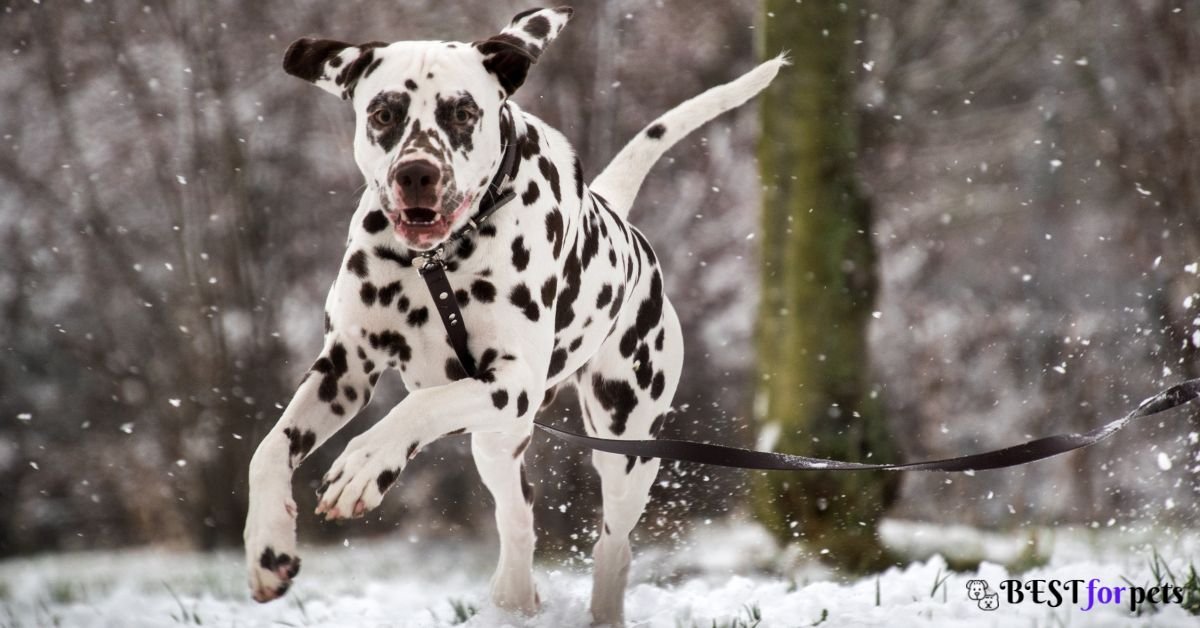
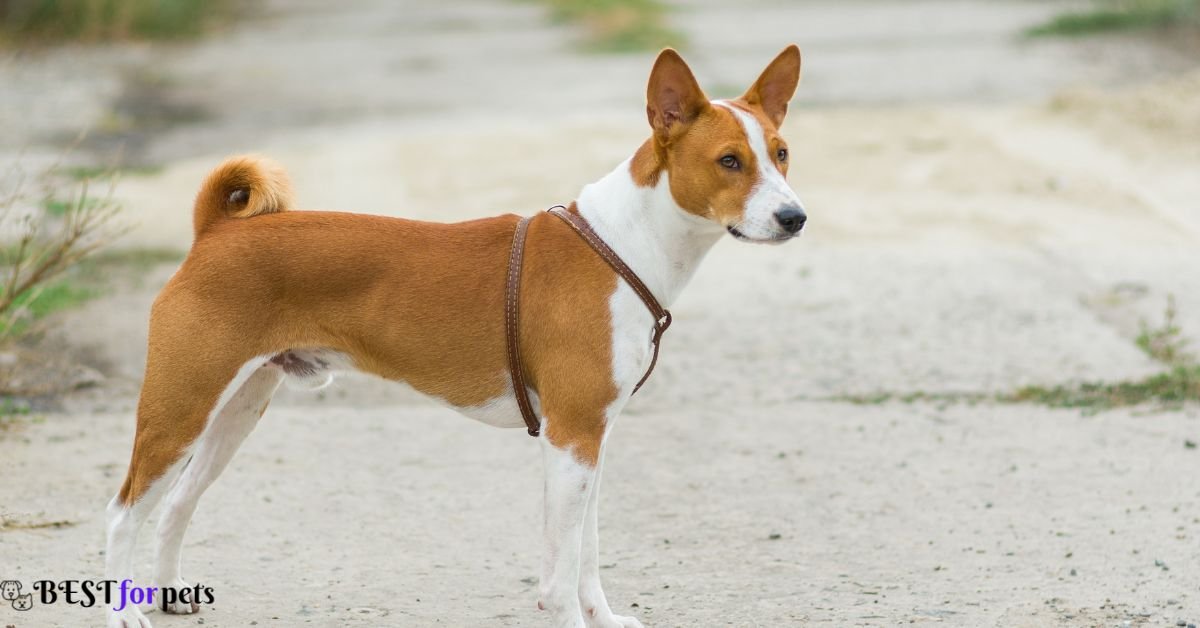
10. Basenji
The Basenji, often referred to as the “barkless dog” due to its unique vocalization, originates from Central Africa. These dogs were used for hunting small game, and their digging skills were essential for unearthing prey from burrows. While Basenjis may not display the same level of digging enthusiasm as some other breeds, their instinctual behavior can still emerge.
To manage their digging tendencies, Basenji owners can provide mental and physical enrichment through puzzle toys, interactive games, and regular exercise. Ensuring that their natural instincts are satisfied in constructive ways will help prevent unwanted digging and maintain a harmonious living environment.
Frequently Asked Questions
Why do some dog breeds love to dig holes?
Certain dog breeds have a history rooted in hunting and burrow exploration. Digging was essential for accessing prey or creating shelters. Over generations, these instincts have been passed down, leading to their love for digging.
How can I manage my dog’s digging behavior?
Provide designated digging areas, interactive toys, and mental stimulation to channel their energy. Regular exercise and positive reinforcement training can help redirect their digging tendencies.
Are all terrier breeds prone to digging?
Yes, many terrier breeds, such as Jack Russell Terriers and Fox Terriers, were bred for vermin hunting. Their digging instinct is strong due to their historical roles in pursuing prey in burrows.
Can I stop my dog from digging completely?
While it’s difficult to eliminate digging entirely, you can redirect the behavior. Understanding your dog’s breed traits and providing outlets for their instincts can help manage and reduce digging tendencies.
Are there specific toys for dogs that love to dig?
Yes, there are interactive toys designed to engage digging behaviors, such as puzzle toys that encourage digging-like actions. These toys can keep your dog mentally stimulated and satisfied.
Will spaying or neutering reduce digging tendencies?
Spaying or neutering might help manage some behavioral issues, but it might not entirely eliminate digging if it’s deeply ingrained in the breed’s genetics and instincts.
How do I prevent my yard from turning into a mess of holes?
Offering designated digging spots, creating engaging play areas, and providing plenty of activities can help prevent excessive digging in unwanted areas.

